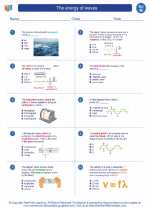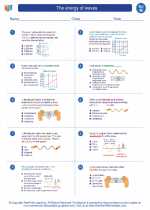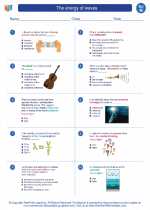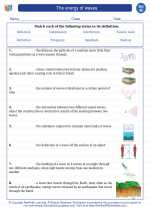Systems in Science
In science, a system is a set of interacting or interdependent components forming an integrated whole. These components can be anything from living organisms to non-living objects, and they can be studied at various scales, from microscopic to macroscopic.
Types of Systems
There are different types of systems in science, including:
- Open Systems: These systems can exchange both matter and energy with their surroundings. An example of an open system is a boiling pot of water, where both water vapor and heat are exchanged with the surroundings.
- Closed Systems: These systems can exchange energy, but not matter, with their surroundings. A sealed terrarium can be considered a closed system, as it allows light energy to enter and heat energy to escape, but does not exchange matter with the surroundings.
- Isolated Systems: These systems do not exchange either matter or energy with their surroundings. However, truly isolated systems are rare in nature, and are often considered as theoretical constructs for scientific analysis.
Examples of Systems
Systems can be found in various scientific disciplines, including:
- Biological Systems: These include ecosystems, organs in the human body, and cellular processes.
- Physical Systems: Examples include the solar system, the water cycle, and electric circuits.
- Ecological Systems: These encompass interactions between organisms and their environment, including food webs, nutrient cycles, and climate systems.
Study Guide
To better understand systems in science, consider the following study guide:
- Define what a system is and describe its components.
- Identify examples of open, closed, and isolated systems in nature and everyday life.
- Explain how different types of systems exchange matter and energy with their surroundings.
- Explore the interconnectedness of systems in biological, physical, and ecological contexts.
- Compare and contrast the behavior of different types of systems in response to changes in their surroundings.
- Discuss the importance of studying systems in scientific research and problem-solving.






